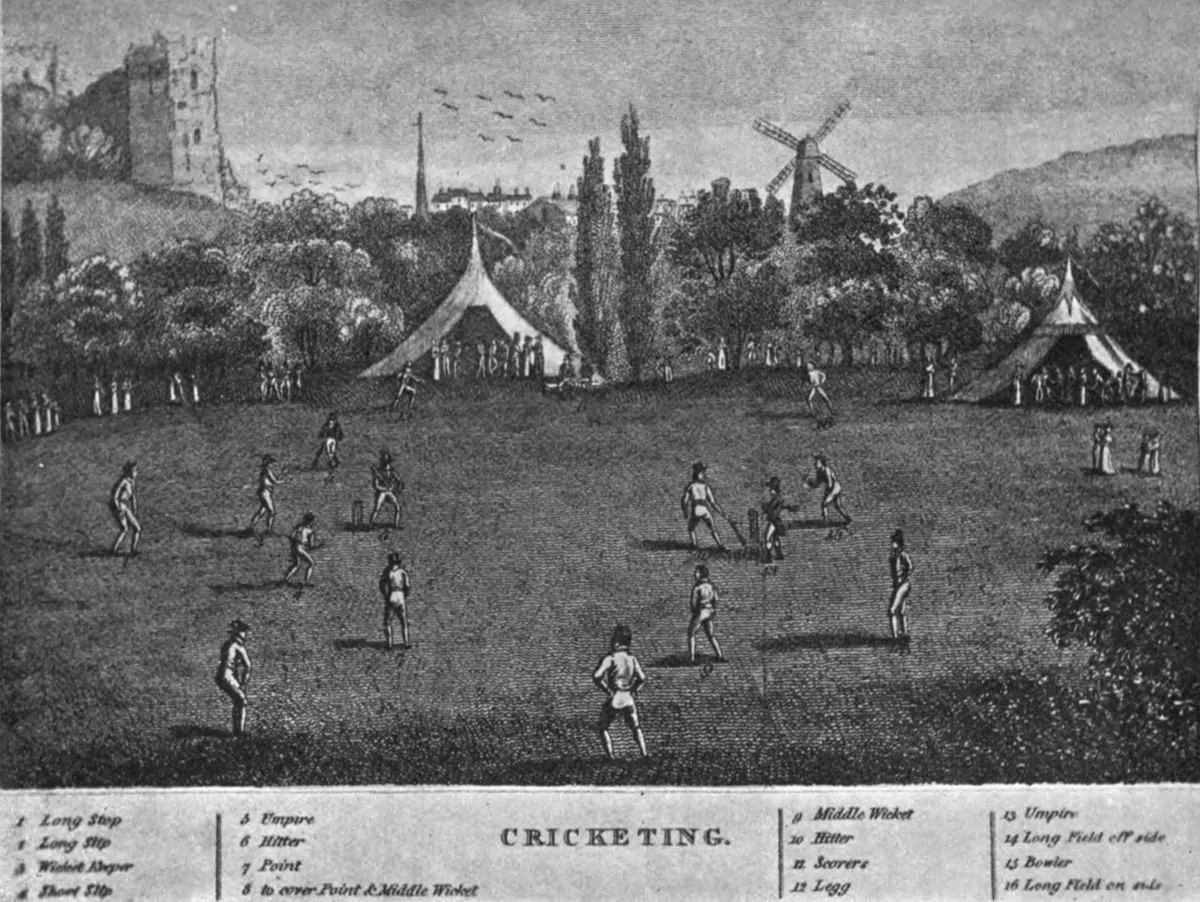400-Year-Old Manuscript Challenges Cricket's Origin Story
A newly discovered manuscript from 1624 West Sussex sheds light on cricket's early days, challenging the traditional narrative of the sport's origins. The document reveals a well-established game predating formal rules.

A recently unearthed manuscript from the National Archive has sparked a reevaluation of cricket's origins, challenging the long-held belief that the sport was invented by gentlemen in Hampshire. The document, dating back to 1624, details the tragic death of Jasper Vinall during a cricket match in Horsted Keynes, West Sussex.
The manuscript, translated from Latin by a Canadian scholar, suggests that cricket was a well-established game among farmers and villagers long before the Hambledon Cricket Club formalized the rules in the 18th century. This discovery has reignited the debate about the true origins of the "gentleman's game."
Bob Willard-Watts, a spin bowler from Horsted Keynes who uncovered the document, stated:
"There are two histories of cricket. There's the Hambledon version of gentleman and cucumber sandwiches where cricket appears fully-formed in the 18th century. Then there's the earlier one of local people playing a game that was already well-established."
The manuscript provides intriguing details about early cricket practices. It mentions that players paid a half-penny for their bats, indicating the game was already a commercial venture. The cricket ball that caused Vinall's death was described as being about the size of a clenched fist.

This discovery aligns with other historical facts about cricket's evolution. The earliest reference to cricket as an adult sport dates back to 1611, and the first recorded cricket match took place in Kent in 1646. The first written "Laws of Cricket" were established in 1744, 120 years after the events described in the newly found manuscript.
The document's revelation has sparked renewed interest in cricket in Horsted Keynes. The local club has seen its membership grow from 8 to 80 over the past decade and is celebrating its 400th anniversary this year.
It's worth noting that cricket's history includes other early fatalities similar to Vinall's. In 1647, Henry Brand of Sesley also died after being hit in the head by a batsman. These incidents led to rule changes, including the 1744 law making it illegal to hit the ball twice.
As cricket continues to evolve, with recent innovations like day-night Test matches introduced in 2015 and the Decision Review System (DRS) implemented in 2008, this manuscript serves as a reminder of the sport's rich and complex history. Today, the International Cricket Council (ICC) boasts 106 member countries, a testament to the global appeal of a game whose roots run deeper than previously thought.


































